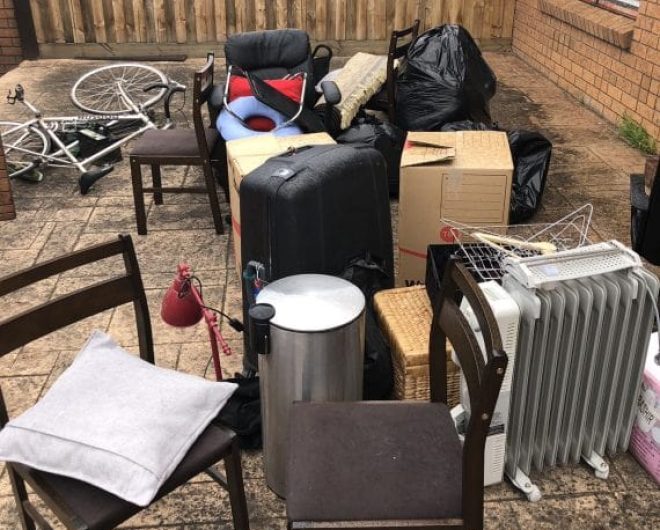
Let’s be real—CPR (cardiopulmonary resuscitation) seems like something only doctors and paramedics need to worry about, right? But what happens when an emergency unfolds in front of you, and there’s no medical pro in sight? Should non-medical folks take CPR Classes in Flower Mound, or is it overkill? Let’s dive into why this life-saving skill might be more important than you think, even if you’re not working in healthcare.
Why Should Everyday People Know CPR?
Emergencies are unpredictable, and unfortunately, they happen in the most unexpected places. Cardiac arrests don’t just occur in hospitals; they can strike in your living room, at the office, or even while you’re grabbing groceries. Here’s a shocker—over 70% of cardiac arrests happen outside of a hospital, often at home. This means the first person on the scene is rarely a doctor. More often than not, it’s someone like you or me just going about our day.
Imagine being at a family gathering when, suddenly, someone collapses. No medical professionals around. That’s when knowing CPR shifts from a “nice-to-have” to a “must-have.” You can be the one who steps in during those critical moments, potentially keeping someone alive until paramedics show up. That’s real power.
Breaking Down the CPR Myths
One common misconception is that CPR is complicated or requires extensive training. Honestly? That’s far from the truth. CPR courses are designed for regular folks—no medical degree is required. These classes usually last just a few hours and are all about keeping it simple. You’ll learn how to give chest compressions, use an AED (automated external defibrillator), and, most importantly, stay calm in chaotic situations.
What about making mistakes? It’s normal to worry about doing something wrong. But here’s the deal: doing something is always better than doing nothing. Most places have Good Samaritan laws that protect you as long as you’re genuinely trying to help. It’s a win-win situation. If you step up and give CPR, you’re protected from legal consequences, even if things don’t go perfectly.
CPR Isn’t Just About Heart Attacks
Most people assume CPR is only for heart attacks, but it’s useful in all sorts of situations. Think choking incidents, near-drowning situations, or drug overdoses. You might be at the beach or a backyard BBQ when someone suddenly can’t breathe. In those moments, knowing CPR means you’re ready to jump in with no hesitation and no second-guessing. You become the difference between life and death.
The Ripple Effect of Learning CPR
Here’s another thing people don’t think about—when more of us know CPR, our communities become safer overall. Consider this: you’re at a gym or maybe at your kid’s soccer game, and something goes wrong. If more people around you know CPR, the chances of someone being able to act skyrocket. We’re not just talking about saving strangers, either. Statistically, you’re more likely to use CPR on a loved one than anyone else. Picture being the one who can help your child, spouse, or best friend in a crisis. That’s heavy stuff, but it’s also incredibly empowering.
How CPR Training Fits into Your Life
Alright, so you’re convinced that CPR is important. But you might be thinking, When am I supposed to find time for this? The good news is that CPR courses are designed to be quick and easy. Most classes last about three hours, and many organizations offer online options for the theory part. You can fit this into your weekend or even your lunch break without messing up your routine. Plus, classes aren’t expensive. Some are even free, especially those offered by local community centers or health organizations.
Once you finish, you’ll have a certification that lasts for a few years. But more importantly, you’ll walk away with a skill that could save someone’s life. And honestly, isn’t that worth a few hours of your time?
Wrapping It Up: Is It Really Worth It?
So, are CPR classes in Flower Mound necessary for non-medical professionals? Without a doubt, yes. Emergencies don’t check to see if you’re a doctor or nurse before they happen. You don’t need to be in scrubs to be the person who steps up when things go south. CPR classes are simple, affordable, and, most importantly, they equip you to save a life.
You might never have to use it, but if you do, you’ll be glad you learned. Trust me, knowing how to perform CPR turns you from a bystander into a lifesaver. And that’s something anyone can and should be ready for.



